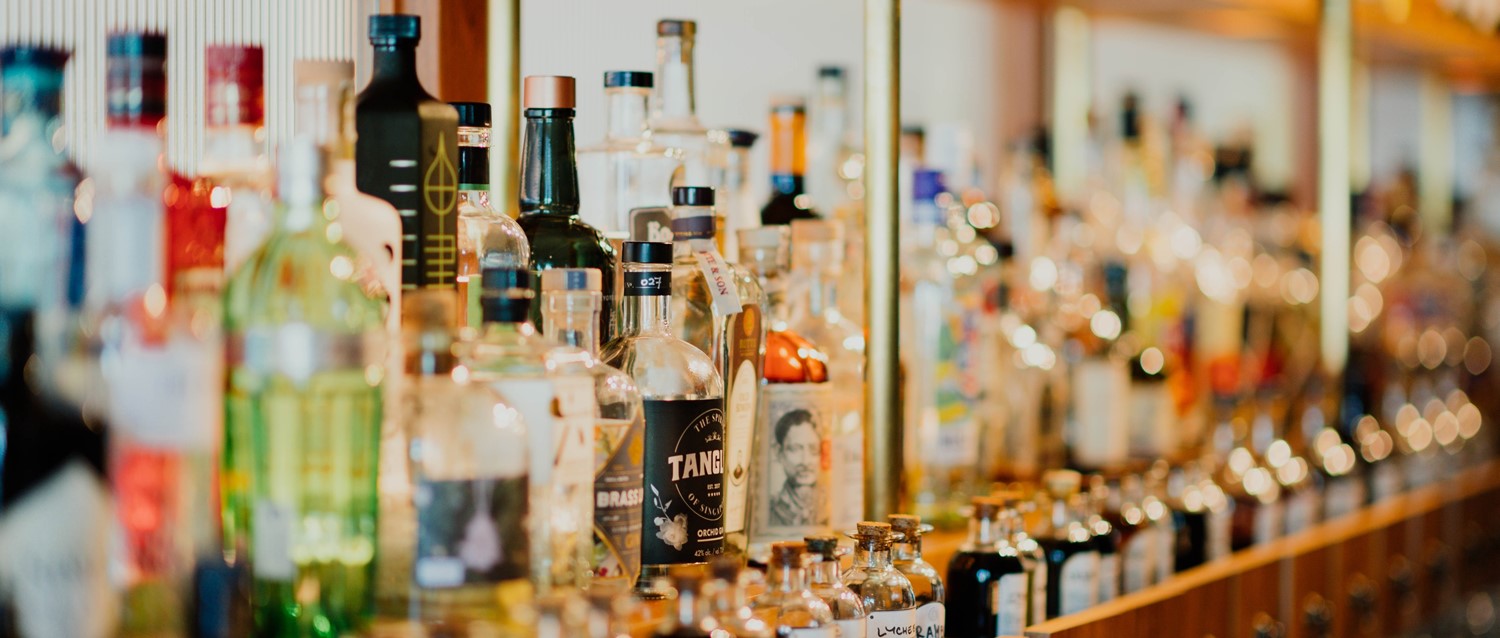
How to control your drinking at a work Christmas party
Peer reviewed by Dr Krishna Vakharia, MRCGPLast updated by Amberley DavisLast updated 24 Nov 2023
Meets Patient’s editorial guidelines
- DownloadDownload
- Share
- Language
- Discussion
- Audio Version
From kissing our colleagues to criticising the boss, more than 1 in 4 people in the UK have regretted something they did at a work Christmas party. Drinking too much alcohol is the main issue, so how can we control our drinking when we feel pressured?
In this article:
Video picks for Alcohol advice
Continue reading below
Pressure to drink at your work Christmas party
Many of us feel the pressure to drink during a work Christmas party.
According to alcohol education charity Drinkaware, drinking is ingrained within our work culture during the festive season. When people pressure others to drink this isn't usually malicious, and may not even be conscious. Most people just want those they're with to have fun.
But Andrew Misell, director for Wales at Alcohol Change UK, warns that choosing not to drink alcohol should be a decision we can all make freely, that others respect. "It's not boring or unsociable. And no one should be made to feel uncomfortable for making that choice, as it can make that decision much harder."
The consequences of heavy drinking at your work Christmas party
Back to contentsDespite our good intentions, many of us regret how drinking too much alcohol makes us behave in front of work colleagues. Drinkaware's research reveals that more than 1 in 4 of us have regretted something we did at a work Christmas party, with alcohol receiving most of the blame.
According to Drinkaware, the most regretted drunken antics include1:
Kissing, or attempting to kiss a colleague.
Criticising a superior or colleague.
Active aggression toward a colleague.
Over-sharing personal issues.
Passing out from alcohol.
Some people have suffered serious consequences as a result. Around one half of those who criticised a boss, and around two thirds of those who were aggressive, received official warnings for their behaviour.
Of those surveyed, 38% said they intended not to drink too much, but found themselves caring less as the night went on. A total of 32% had felt the pressure from peers to drink.
Continue reading below
Other risks of heavy drinking
Back to contentsWhile embarrassment, shame and professional setbacks are good reasons to control alcohol intake, the health implications of binge drinking are important.
Drinking more than the UK Chief Medical Officers' guidelines of up to 14 units of alcohol spread over a week2 - typically six pints of beer or six medium glasses of wine - can significantly increase your risk of developing a range of diseases, including seven types of cancer.
You can use our alcohol units calculator to work out how many units are in your drinks.
The other risks of drinking too much alcohol include:
Alcohol dependence and addiction.
Short-term effects on your body, including mental health issues.
Bad outcomes in areas of your life - your sex life, work life and social life.
Staying in control at your work Christmas party
Back to contentsYou can try the following tactics to better control your drinking this December:
Go completely alcohol-free for the evening
You don't have to avoid alcohol completely, but if you have no desire to drink or are worried about the effects of alcohol on your health, then you shouldn't feel that you must drink alcohol. How about replacing alcohol with soft drinks, or alcohol-free drink alternatives like festive mocktails.
Track how much you are drinking
If you decide you're going to drink alcohol, you can set a limit for how much you're going to drink before you go out. You'll then need to keep a mental note of what alcohol you have as the night goes on. This can be tricky once you've had a drink, but setting a clear goal before you join the work Christmas party can get you in a motivated mindset.
Alternate your alcoholic drinks with soft drinks
If you decide to drink alcohol and don't want to drink too much at your work Christmas party, pace yourself by having a soft drink or two after every alcoholic drink. This will help stop you getting dehydrated too. If you're going to start drinking earlier in the day, try sticking to soft drinks for the first couple of hours before you have alcohol.
Eat before or during your work party drinks
Eating plays a big role in how drunk you can get. Drinking alcohol on an empty stomach means it's absorbed into your system through the small intestine more quickly. The slower the alcohol is absorbed, the slower it affects your body.
Eat a proper meal before you join your work Christmas party, and snack during the night as you drink if this option is available.
Avoid joining in buying rounds of drinks
While buying rounds of drinks with a few colleagues may seem special, you normally end up drinking at the fastest drinker's pace. Not only might you end up drinking more than you would if you were buying your own drinks, you'll also spend more too.
Plan in advance how you will get home
One of the more serious consequences of drinking at any event is making unsafe decisions. This is particularly true at the end of the night when you need to make your way home.
If you're drinking, come up with a plan well in advance for getting home safely that doesn't involve driving. You don't want to get caught out on the night. Travel home with people you trust, whether that's in a licensed taxi, on a bus or train or with a designated driver who didn't drink alcohol.
Continue reading below
Further reading
Back to contentsPatient picks for Alcohol advice

Healthy living
How does alcohol affect your body temperature?
Common signs of alcohol intoxication might seem familiar to us. But understanding the effects of alcohol on our insides can be a different story. While flushed cheeks, sweating, and hot flushes make us feel warm, our core body temperature is actually dropping. When does this become dangerous and how can we drink safely?
by Victoria Raw

Healthy living
Ketone drinks: a buzzy and safe alcohol-alternative?
Ketone drinks are being marketed as alcohol-free booze that can give you a similar buzz to drinking two or three glasses of beer or wine. But what does the science say? Before you invest, we explain what ketones are, explore their proven health benefits, and ask whether TikTok anecdotes and marketing claims are overshadowing the facts when it comes to the alcohol-free buzz.
by Amberley Davis
Continue reading below
Article history
The information on this page is peer reviewed by qualified clinicians.
24 Nov 2023 | Latest version
24 Nov 2021 | Originally published
Authored by:
Amberley Davis

Ask, share, connect.
Browse discussions, ask questions, and share experiences across hundreds of health topics.

Feeling unwell?
Assess your symptoms online for free
Sign up to the Patient newsletter
Your weekly dose of clear, trustworthy health advice - written to help you feel informed, confident and in control.
By subscribing you accept our Privacy Policy. You can unsubscribe at any time. We never sell your data.